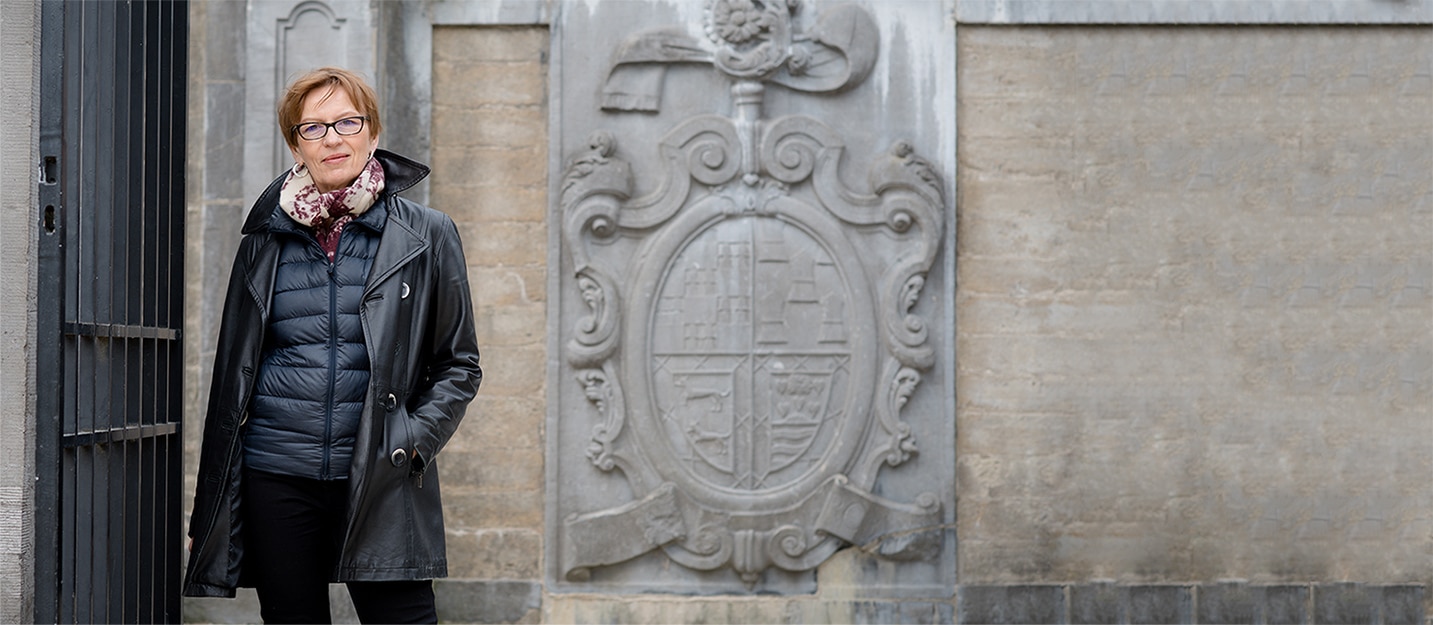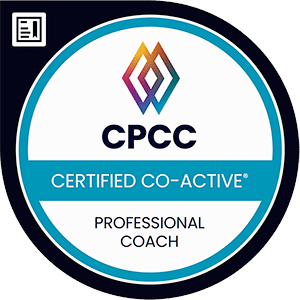A salutary mistake and what I have learned out of it
In my younger years, I was fascinated by scientific discoveries in biochemistry, quantum physics, genetics, which led me to choose medical studies. My dream was not to become a doctor, but rather a scientist. I imagined my contribution to society. On my way, a great disillusionment awaited me because the reality corresponded little to my dream … In short, I quickly felt that my place was elsewhere and I followed this inner voice.
Evolving in an academic environment (my parents were both teachers in the university), I followed my first initiatory readings of Kant and Nietzsche, as a revelation. I needed to step back and ask myself some good questions. So I had an idea of enrolling in the faculty of philosophy (I was probably the only one studying it in parallel with medicine) and then left the family home to become a psychology student. And there, the great shock! It was the most brilliant thing to dissect the puzzle of the human psyche so that people could go better. That’s when I started my journey towards coaching. Learning this story? It shows how important it is to be wrong to learn and to get to know one another better. I will not exaggerate by saying that it is practically impossible to learn anything in life without making mistakes!
Chances, serendipity and how they impact our live
Chance meant that someone put in the hands the book that changed my life. It was “The moral harassment” of Marie-France Hirigoyen. His reading which enables us to understand the springs of moral perversion in life and work, and later his translation into Polish were mass events. They allowed me to meet people involved in the fight against suffering at work, including the author and the team of psycho-sociologists at the Esta Center. From then on, I was able to invest in helping companies, hospitals and local authorities to prevent work-related illnesses, thus contributing to the awareness of the seriousness of health problems Mental health at work. It was also a time when the law of social modernization was voted in France, which made it possible to include the offense of moral harassment in the Labor Code and in the penal code. The Master in Work and HR Psychology was only one outcome of this “circumstance contest” which turned out to be a gateway to a new stage in my life. Today, I have been working as an organizational consultant and trainer for the prevention of psychosocial risks for twenty years and is helping companies and institutions in the medico-social sector to work in a more humane and healthier environment. All this, because I had taken the risk of listening to my intuition and undertook a courageous action in order to do something new that I had never done before!
Accompanying people does not improvise!
The individual itineraries have always fascinated me because they say a lot about the person. The stories lived in fact show how the individual has evolved and how his experience has sculpted his expectations and aspirations towards the future. Starting with life stories, I was interested in the assessment of competences to help the person to accomplish himself through a construction of his professional trajectory and his subjective relationship to work. The ten years of career management consultancy and skills assessment were very formative, they strongly impacted my personality as a coach. They taught me to listen actively that helps the person to put words on his or her deep aspirations. Even today I feel grateful to all those beautiful and genuine people who have come to see me and have shared the intimate things of their lives with generosity. This experience had taught me that in every individual there is a share of beauty and light that can be revealed in a listening space where the person can feel fully himself and safe. Listening presupposes above all the suspension of judgment and the reception of what happens in the present moment, it also means not to put people “in boxes”. This condition is not always guaranteed in the context of a professional assessment whose rules are defined by the law, I felt a need to evolve my practice towards a stronger alignment with my professional ethics. And that’s how the decision to invest in coaching was made. The morale of this part of my story? In life, everything is built up gradually, each project needs time to mature and also a propitious moment to trigger change!
Coaching and the question of courage
It was at that time that my decision was made to become a professional coach. I was able to put it into practice when I was engaged in adult education, then coaching coaching certification by Coaches Training Institute (www.coactive.com;http://www.coactive.com/why-cti/about-cti). I can say today that this was by far the best choice that corresponds perfectly to my need to accompany people in their quest for meaning in their life as well as in their careers because it is like this that I hear my mission as a coach. By choosing Co-operative Coaching and Coaches Training Institute (CTI, www.coactive.com), the largest, oldest coaching school in the world, which was also the first to be accredited By ICF, I opted for quality. The rigorous ethics approach (cf Déontologie) equires a coach to acquire all the key skills needed to co-create with the client a relationship that catalyzes change. The CTI certification is based on a coaching obligation to train, supervise and develop skills throughout its career, in order to provide quality service to clients. The co-active coach is both courageous and vulnerable. This posture, which demands an important work on oneself and a great humility, is a very powerful spring of change because it strengthens the confidence and engages the coached in the path of transformation. The posture marked by courage and vulnerability is in fact an excellent working tool and I strive to keep it with all my clients, managers, managers, employees or in transition.
Outcome or what the work with collectives reveals
Collective intelligence has recently become a fashionable term. Yet, it refers to a reality that I have often experienced during my interventions in business. It is in fact a collective co-construction process that leads to an emerging wisdom of an entire group and not just of individuals who form it. My interest in collective mechanisms and group dynamics goes back a long way: it was inspired by studies in social psychology, psycho-social research and action interventions, and also by the work psychodynamics (CNAM ). To better understand the mechanisms of human systems functioning and systemic relational intelligence, I undertook the ORSC (www.crrglobal.com) training in systemic coaching (www.forsc.fr). ORSC has provided me with a very comprehensive framework that I use in team facilitation and in the coaching of family and professional relationships (couples, parents-children, collaborators, …) to maximize their systemic relational intelligence. However, it was the reading of « Reinventing Organizations » and a meeting with people from the Tealforteal network Switzerland (www.tealforteal.com) that produced a shock effect and an awareness. I realized thanks to them why the prevention and the “curative” approach undertaken by many companies to improve the conditions and working environment did not work. I understood instead that there was another way of looking at business and cooperation. The functioning of organizations based on the Opal (teal) paradigm that implies self-governance, authenticity and evolutionary reason for being has been presented with great clarity and exemplified by Frédéric Laloux. This idea that links the stages of human consciousness with the chosen organizational mode immediately resonated in me and made me want to found the Teal for Teal Community (www.tealforteal.com). Today, I am convinced that the commitment in the Opale movement, whose mission is to inspire and give visibility to companies that choose self-governance and the path of “liberation”, marked a turning point in my Evolution and in the way to envisage my profession. I firmly believe that beyond the coaching-counseling-training actions that help men better adapt to the existing work context, another path is now possible. It consists in adapting this time, not man to work and organization, but to man and his aspirations. This path is today resolutely mine!





